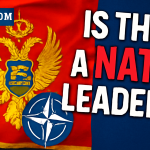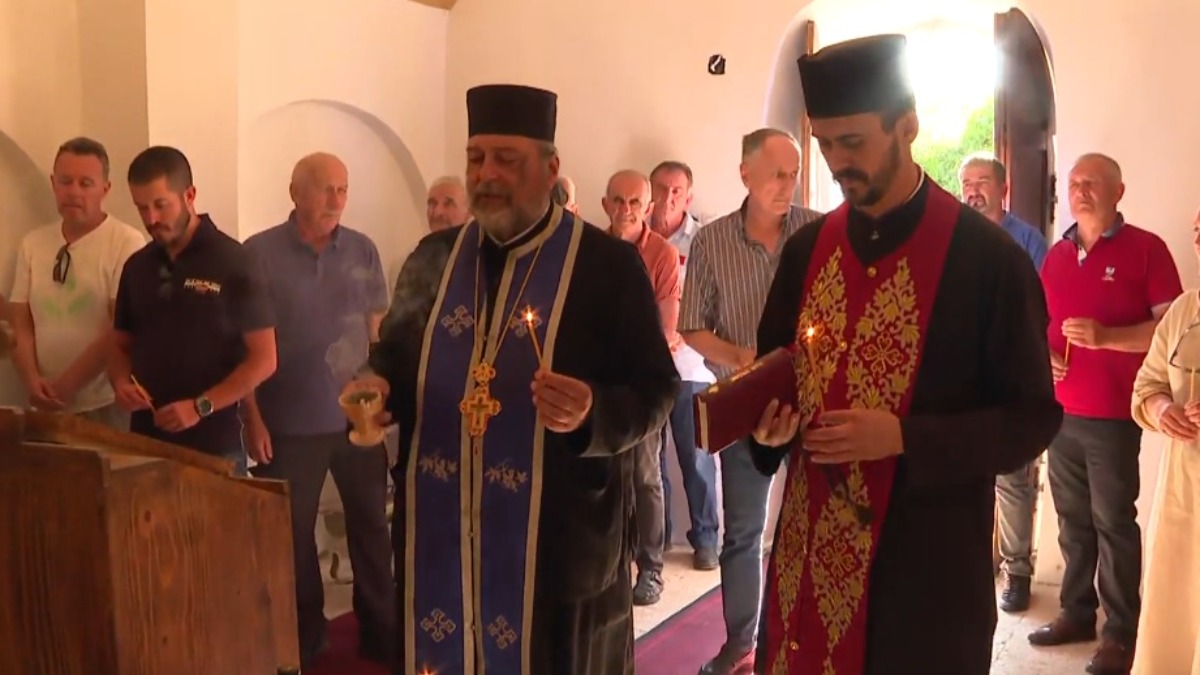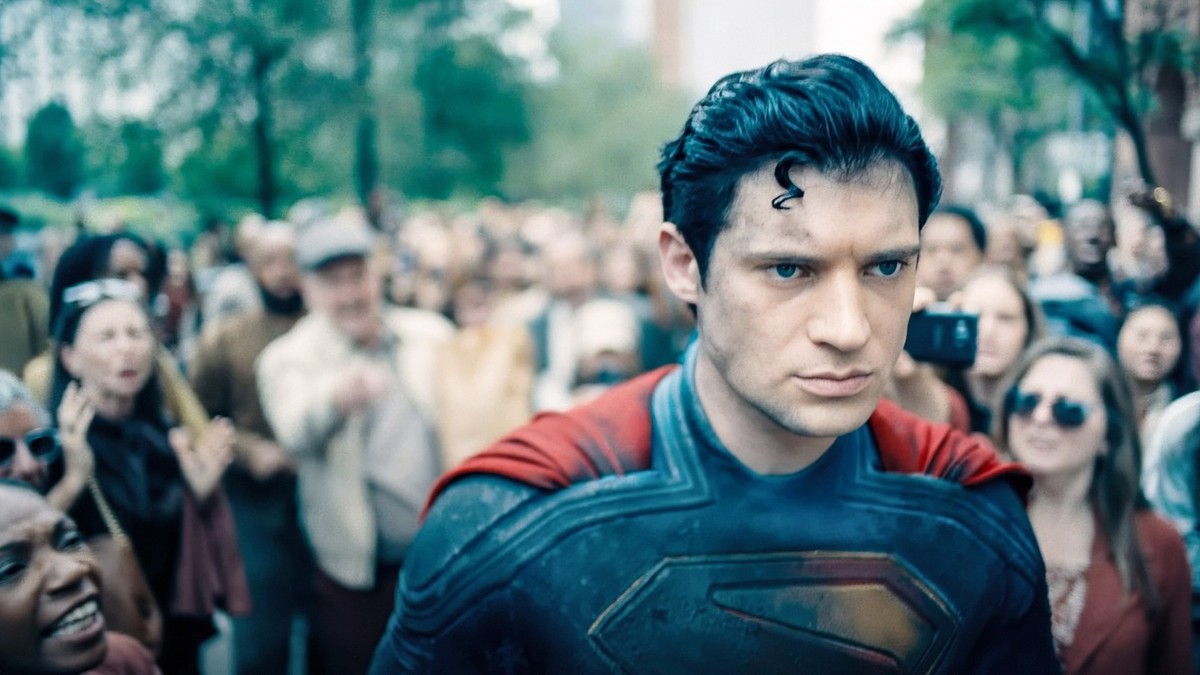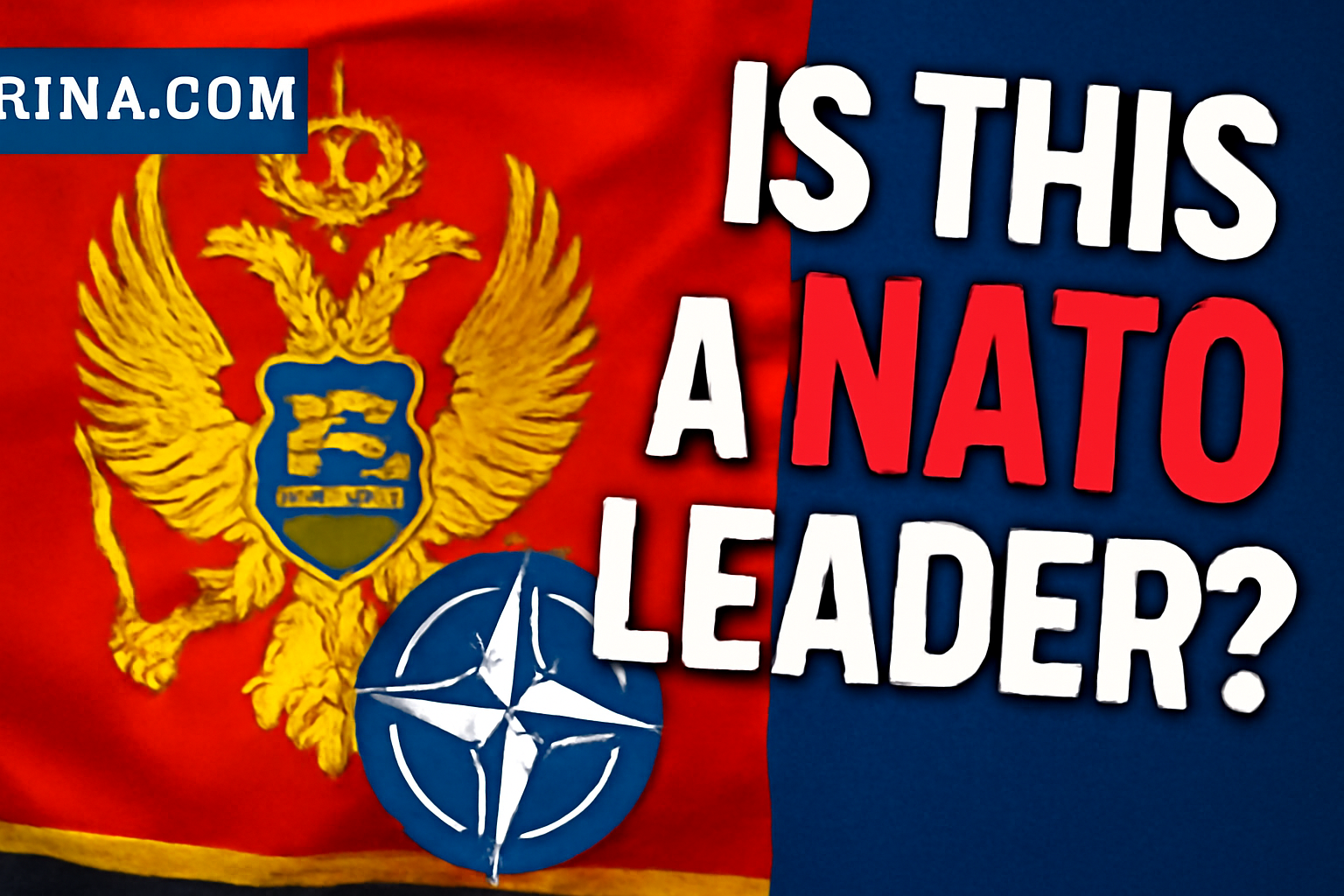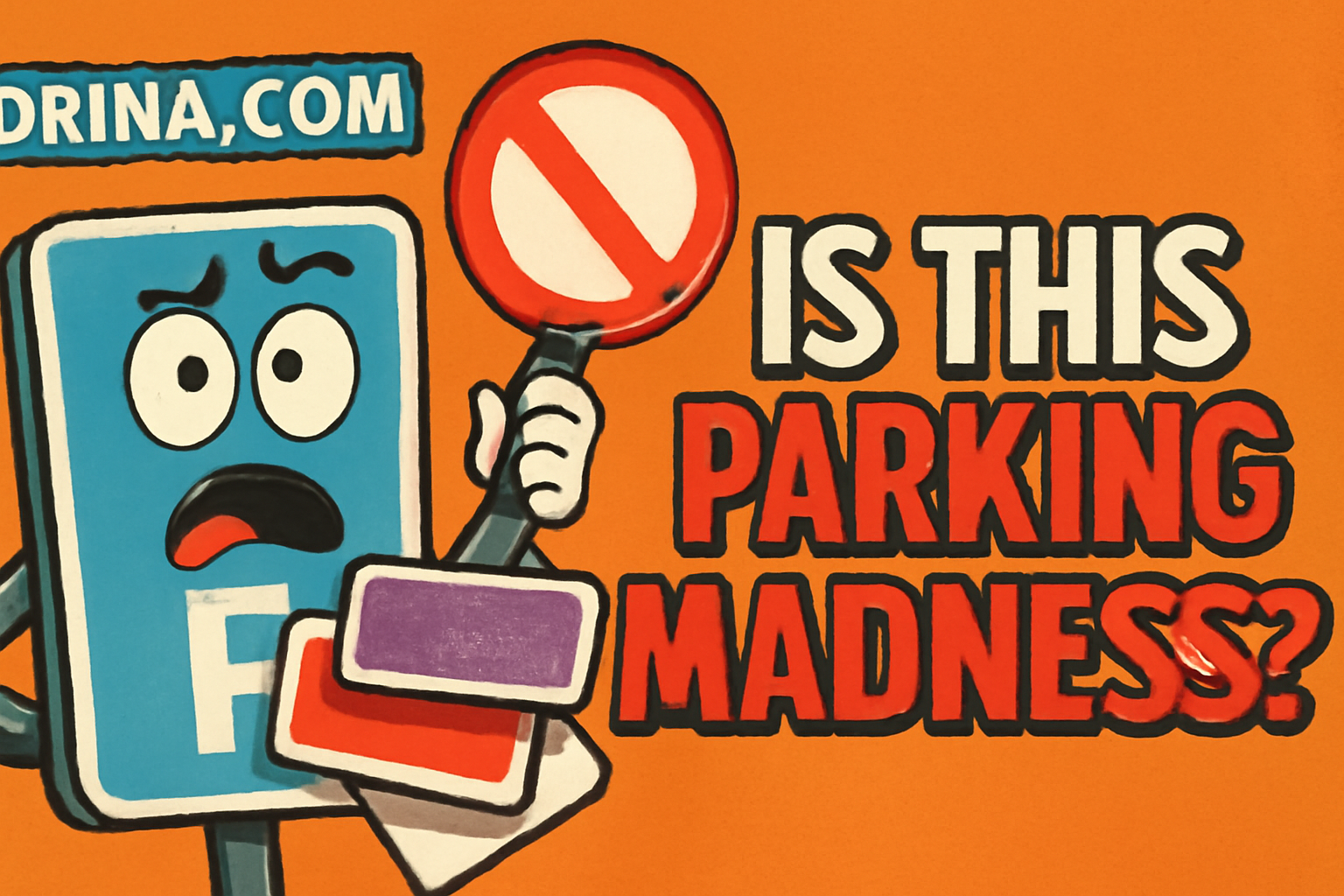Crimes That Must Not Be Forgotten
Have you ever heard about the crimes against the Kuči people? Exactly 170 years ago, the Montenegrin army led by Mirko Petrović committed horrific crimes against this community. Although nearly two centuries have passed, the memory of these events still stirs strong emotions. Recently, a ceremony was held at the Church of St. John the Baptist in Kosor to mark this tragedy, followed by a procession at Independence Square in Podgorica. The attendees reiterated the demand to relocate the monument of Duke Mirko Petrović from the square, as many believe that celebrating a figure linked to these crimes is inappropriate.
Srebrenica – July 11, the day when 1995 years of civilization were erased
While Montenegro remembers the crimes against the Kuči, we must not forget Srebrenica. Montenegro’s Deputy Speaker of Parliament, Mirsad Nurković, emphasized that July 11, 1995, was the day when nearly two thousand years of civilizational values were wiped out in a UN-protected zone. He highlighted that the international community’s passivity opened the door for this genocide, and mothers who sent their sons to a safe zone unknowingly sent them to certain death.
Nurković reminded that Montenegro holds a clear and consistent stance on this crime by adopting a resolution on the Srebrenica genocide in the Montenegrin Parliament and supporting the same resolution in the UN General Assembly. He called for constant remembrance, education, and responsibility to ensure such tragedies never happen again.
Why does history repeat itself?
As we recall these horrific events, the question arises – why does history repeat itself? Why do crimes and genocides continue to happen while the world often remains silent? Is it possible that the truth about these events is used for political purposes while real problems are swept under the rug?
Political games and memory
Commemorations of crime anniversaries are often filled with political messages and conflicts. While some seek justice and truth, others try to minimize or rewrite history. In Montenegro and the region, the memory of Kuči and Srebrenica has become part of political battles, further complicating reconciliation and understanding.
Conclusion
The crimes against Kuči and the genocide in Srebrenica are dark chapters of our history that must not be forgotten. But remembrance should not be just a formality or a political tool. We must face the truth, honor the victims, and learn from the past. Only then can we prevent such tragedies from happening again.
So, dear readers, what do you think? Is it possible that the truth about these events will ever be fully acknowledged? Or will we forever be trapped in a whirlpool of forgetting and political games? Drop a comment, crack a joke, or just think about it – history is watching us!


